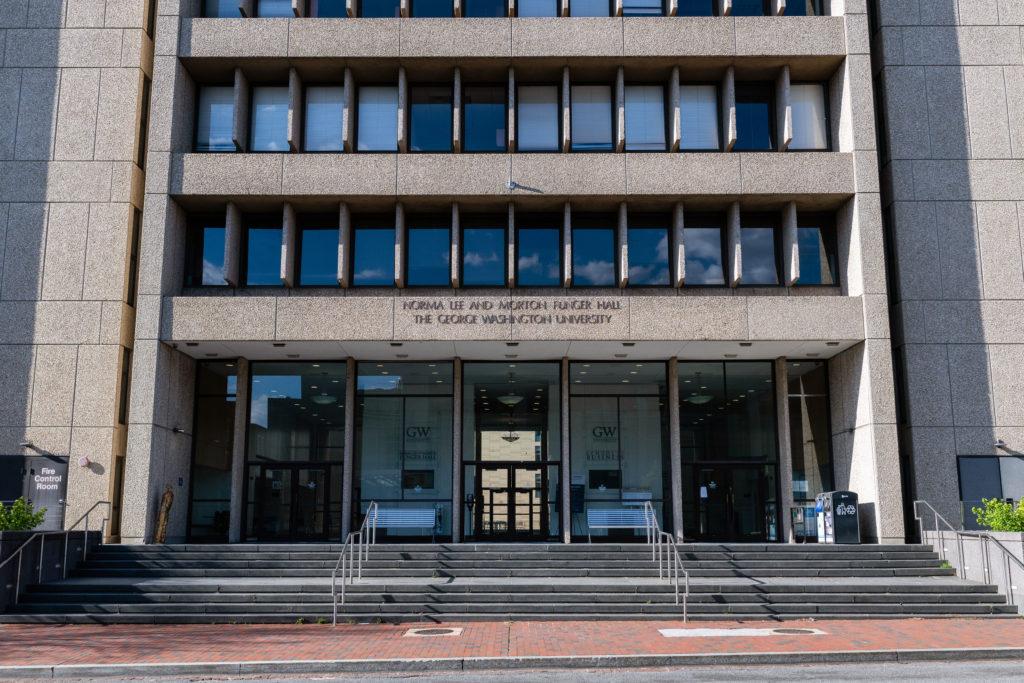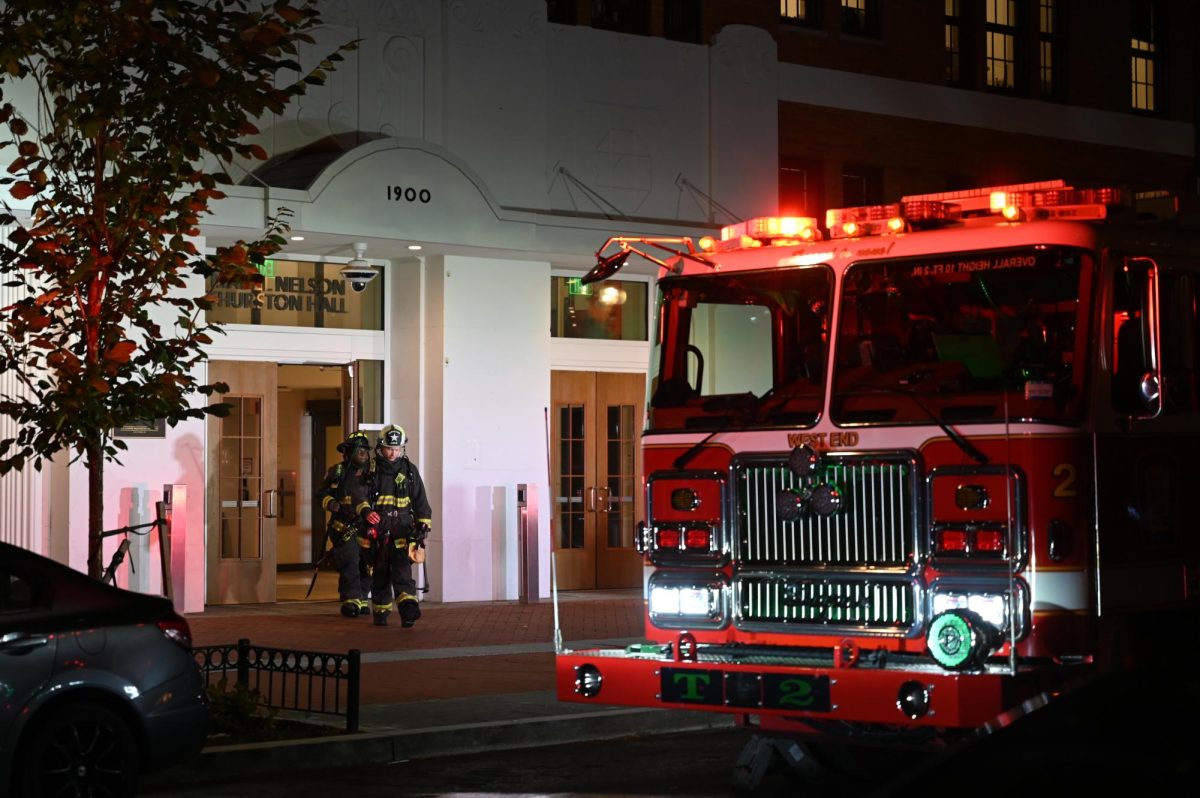Updated: April 11, 2020 at 11:03 a.m.
Junior Howard Brookins narrowly secured the Student Association presidency Friday in the first election with a ranked-choice voting system.
Brookins, an SA senator who will serve as the first black SA president in a decade, ran on a platform to improve the financial aid office, update the Student Code of Conduct and create a student-run food cooperative to help curb food insecurity.
“I am surprised, I am so happy, I am struggling to find words right now because of how excited I am about this right now,” he said.
He serves as the academic affairs committee’s vice chair and a member of the government and nominations committee and diversity and inclusion assembly. He is the vice chair of the Black Senators’ Caucus, which formed in the fall.
Brookins bested five other candidates. Through ranked-choice voting, the candidate with the least number of first-choice votes is eliminated, and the rest of the candidates move to another round until it’s clear which candidate received more than 50 percent of the vote.
Over five rounds, Georgie Britcher was eliminated in the first, Bishop Walton in the second, Christian Zidouemba in the third and Drew Amstutz in the fourth. George Glass held the lead with the greatest number of first-choice votes until the last rounds, when Brookins took a 14-vote lead.
“It was an incredibly difficult and unprecedented campaign season,” Britcher said. “We all put in our best efforts. I look forward to the work Howard will do. If anything, this campaign has taught me that my work advocating for native, low-income, and queer students is far from over.”
A total of 3,648 ballots were cast in the first round of votes for the president elect and 3,452 ballots included the fifth round, the JEC results show.
Sen. Brandon Hill, CCAS-U, won the seat for executive vice president with roughly 87 percent of the total votes. He ran on a platform to push for divestment from fossil fuels, expand student organization office space and facilitate improvements to campus accessibility.
“I think that the amount of force and gravity that our movement had based on the votes just shows much the student body right now is craving drastic change and a leader that represents the whole student body,” he said.
Hill beat out freshman Andy Liaupsin, who campaigned on a platform calling for University President Thomas LeBlanc’s resignation, advocating for the GW Police Department to disband and increasing recognition for campus workers.
“I’m not surprised,” Liaupsin said. “I mean Brandon ran a fantastic campaign and I spent less than $60, did basically zero org outreach. And really only ran on the large idea of ‘President LeBlanc should resign.’ And just because the campaign lost, that doesn’t mean it wasn’t successful.”
Voter turnout resulted in 3,833 ballots casted to vote on five referenda and various senate seats, the JEC results show.
Students overwhelmingly voted in favor of a referendum that calls for one undergraduate and one graduate student to hold a voting position on the Board of Trustees, with 93.7 percent approval.
The Board voted against the proposal to give the president voting right in 2017 but allowed for the SA president to involve students in the high-level decision making.
Following student protests, 85 percent of students voted in favor of a referendum pushing for the University to divest from fossil fuels. Students also voted in favor of fossil fuel divestment in a 2015 election referendum.
More than half of students, about 58 percent, supported a referendum approving changes to the SA constitution that senators have proposed throughout the year.
About 69 percent of students voted in favor of a referendum paving the way for the SA to separate into two bodies, one for graduate students and one for undergraduates.
The majority of students, about 84 percent, voted in support of graduate student unionization. Students began the push to be recognized as workers with bargaining rights two years ago, but efforts have since dropped off.





